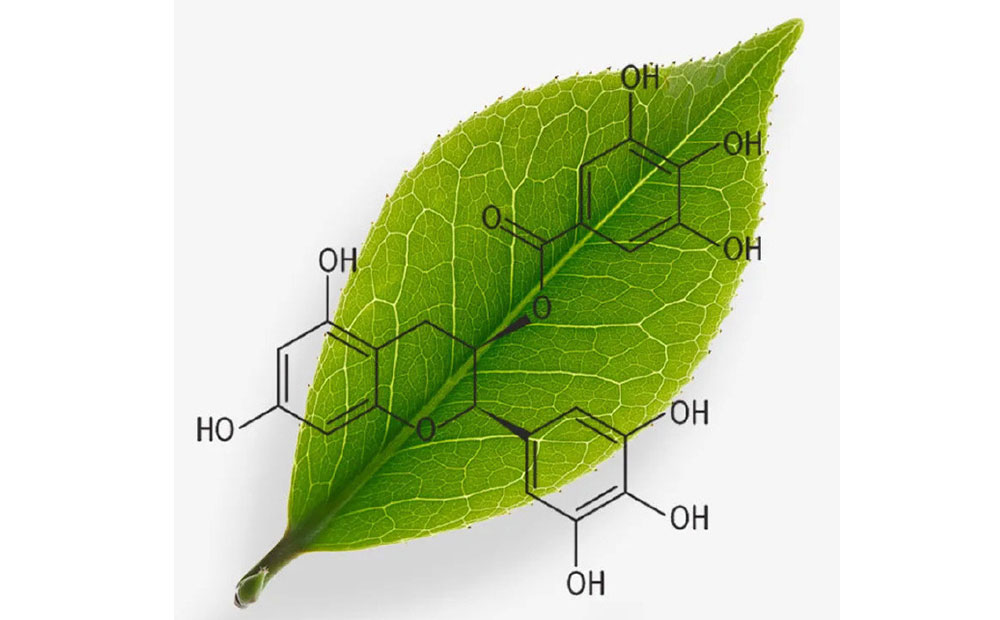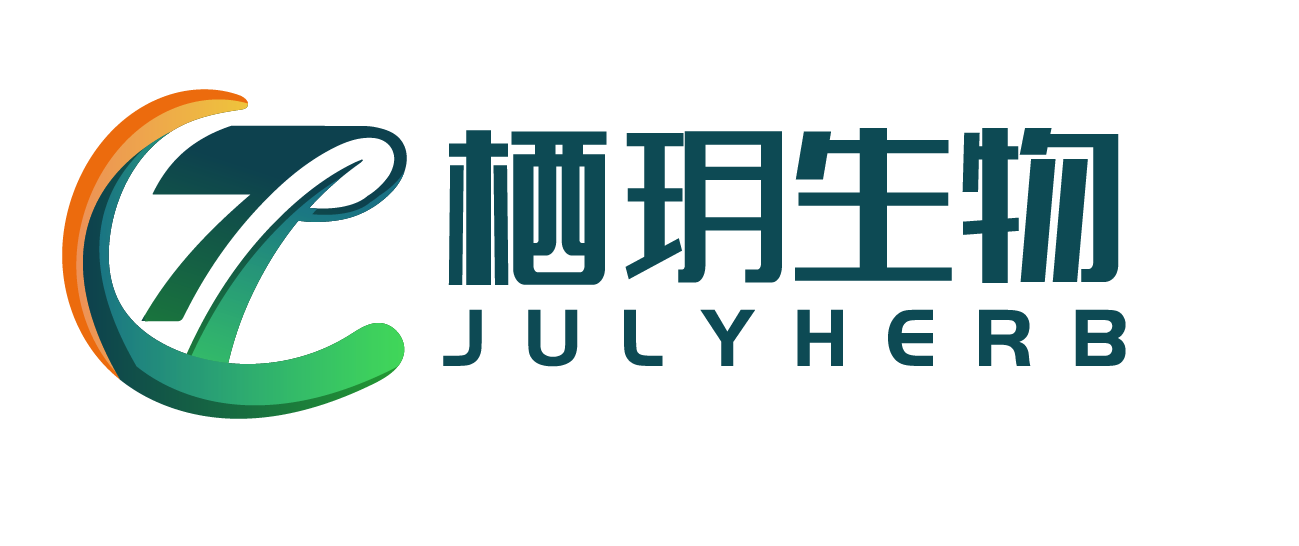EGCG can prevent Parkinson’s and Alzheimer’s
Most people is familiar with Parkinson’s and Alzheimer’s. Parkinson’s disease is a common neurodegenerative disease. It is more common in the elderly. The average age of onset is around 60 years old. Young people with onset of Parkinson’s disease under the age of 40 are rare. The prevalence of PD among people over 65 years old in China is about 1.7%. Most patients with Parkinson’s disease are sporadic cases, and less than 10% of patients have a family history. The most important pathological change in Parkinson’s disease is the degeneration and death of dopaminergic neurons in the substantia nigra of the midbrain. The exact cause of this pathological change is still unclear. Genetic factors, environmental factors, aging, and oxidative stress may all be involved in the degeneration and death of PH dopaminergic neurons. Its clinical manifestations mainly include resting tremor, bradykinesia, myotonia and postural gait disturbance, while patients may be accompanied by non-motor symptoms such as depression, constipation and sleep disturbance.
Dementia, also known as Alzheimer’s disease, is a progressive neurodegenerative disease with an insidious onset. Clinically, it is characterized by generalized dementia, such as memory impairment, aphasia, apraxia, agnosia, impairment of visuospatial skills, executive dysfunction, and changes in personality and behavior. Those with onset before the age of 65 are called Alzheimer’s disease; those with onset after the age of 65 are called Alzheimer’s.
These two diseases often plague the elderly and make children very worried. Therefore, how to prevent the occurrence of these two diseases has always been a research hotspot of scholars. China is a big country for producing tea and drinking tea. In addition to clearing oil and relieving greasy, tea has an unexpected benefit, that is, it can prevent Parkinson’s disease and Alzheimer’s disease.
Green tea contains a very important active ingredient: epigallocatechin gallate, which is the most effective active ingredient in tea polyphenols and belongs to catechins.
EGCG is mainly found in green tea, but not in black tea, so a cup of clear tea after meals can clear oil and relieve greasy, which is very healthy. EGCE extracted from green tea can be used in health products and dietary supplements, and it is a great tool to prevent the above-mentioned diseases.

EGCG


